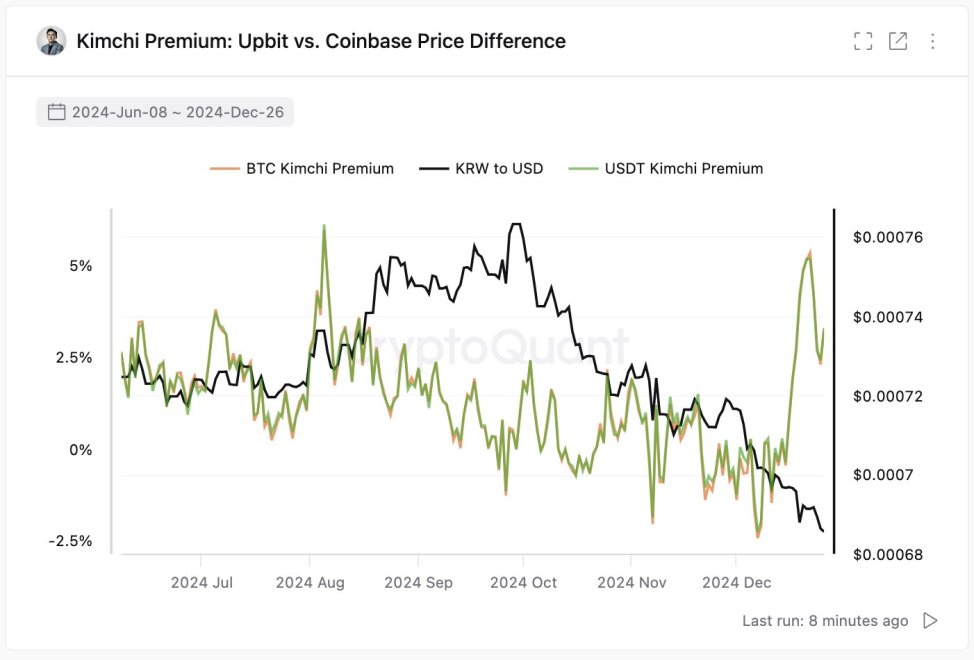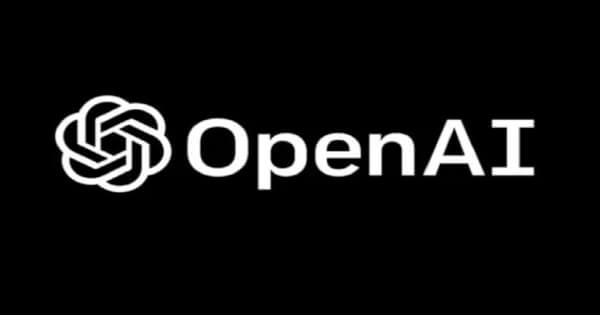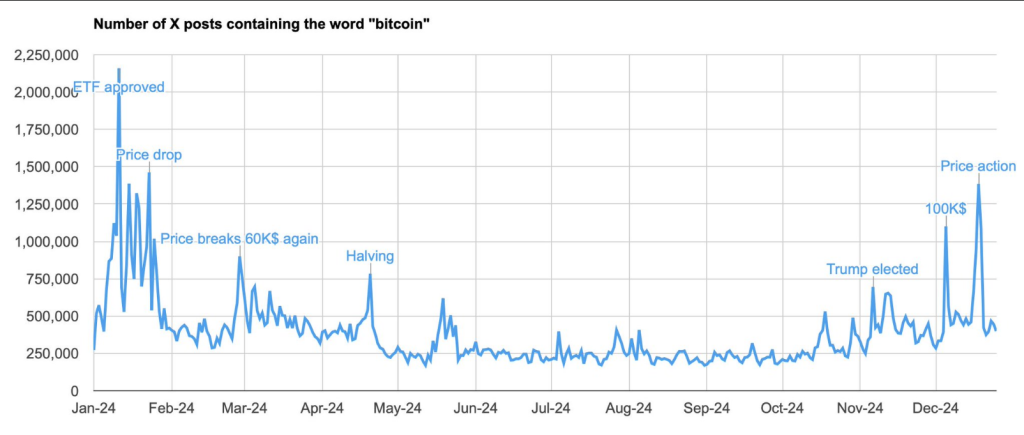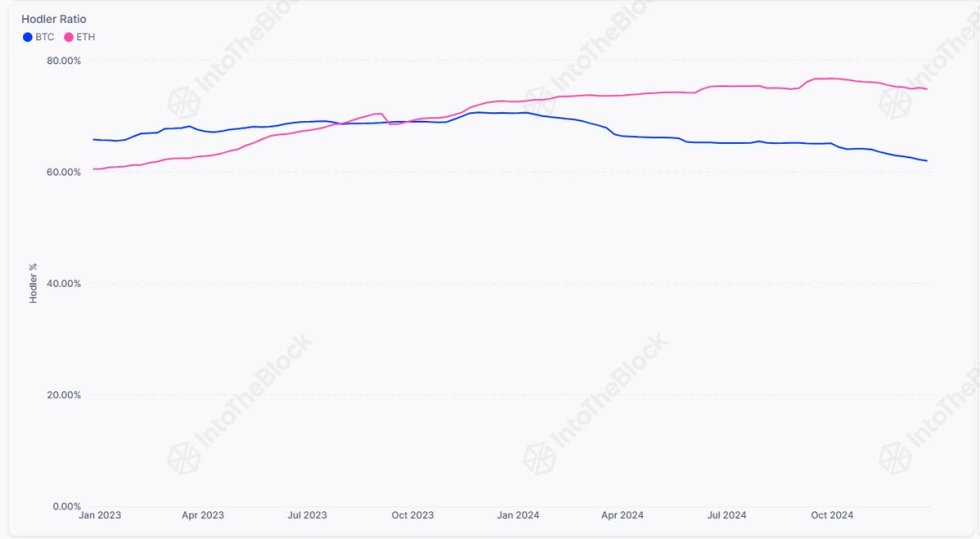
A growing number of social media platforms have been integrating crypto and Web3 support, but opinions are divided on whether they are in it for the ethos or profit.
The emergence of Web3 technologies has brought Web2-based companies to consider amendments to their current products and services. Many leading brands are using Web3 technologies such as nonfungible tokens (NFTs) to promote their brand as well as show their affiliation with emerging tech.
Social media is another domain where Web3 seems to have the biggest impact. Facebook rebranded to Meta and has shifted its whole focus from being a social media platform to becoming the future gateway of the metaverse. Meta-owned Instagram announced it would add NFT minting and trading services within the app. Reddit, another prominent social media platform, became a hub for NFT trading with 3 million wallet holders on the platform.
Apart from NFTs, social media giants like Twitter and Reddit have added support for users to tip content creators in cryptocurrency. However, the majority of social media platforms lack inherent crypto integration.
Twitter was reportedly working on developing its own crypto wallet, and with Elon Musk’s recent $44-billion acquisition, many believed that the social media platform could very well integrate a crypto wallet soon. However, recent reports suggested that Musk has halted crypto wallet plans for the time being.
Despite the current setback in the crypto wallet integration, market pundits are hopeful of seeing more Web3-focused services on the social media platform. Martin Hiesboeck, head of blockchain and crypto research at cryptocurrency trading platform Uphold, told Cointelegraph that Twitter already supports crypto tipping, thus adding crypto wallet support is the next logical step:
“Many in the crypto space are bracing themselves for how Elon Musk will impact the industry, and the response has been surprisingly optimistic. It’s clear Musk will drive the digital asset integration with the platform along. For instance, many platforms will offer their own crypto wallets in order to keep transactions close to their ecosystem. Twitter doing this is a logical step for a social network that already enables users to send tips in crypto.”
Musk’s acquisition of Twitter made headlines not just because of the controversies leading up to the finalization of the deal but also because he took the social media platform private nearly 13 years after it went public. With Twitter being a private company now, Musk has a bigger say in the decision-making process, and many believe this will help him push for more crypto and Web3-related services on the platform.
Jack Jia, head of GateFi at fintech firm Unlimint, told Cointelegraph that over the course of the past 18 months, a significant chunk of Web2 platforms have integrated Web3 support, and he hopes Twitter will move in a similar direction with Musk at the helm:
“You can connect noncustodial wallets like MetaMask to your Instagram or Twitter and display your NFT as a profile picture. Google launched a fully managed Ethereum node service much like Infura and Alchemy. Then Coinbase and Revolut look more similar today than different in terms of crypto features and functionality. So, Musk’s Twitter will have a great impact on crypto, probably by launching something similar to Aave’s Lens Protocol, decentralizing Twitter to make it more censorship-resistant.”
Web3 onboarding is still lagging behind and needs to be made simpler and faster, and social media platforms can help to onboard billions of people to Web3, practically overnight. This was evident from the success of the Reddit NFTs.
Max Kordek, CEO of blockchain infrastructure platform Lisk, told Cointelegraph that Web3 is not an independent internet ecosystem but rather a transition, and these platforms are best suited for onboarding.
“I think what people often misunderstand is that Web3 is not an exclusive new internet. Inside Web3 we also find Web2, the same way we found the former World Wide Web within Web2. In the case of social media integrating crypto, we are talking about a merge of Web2 and Web3. At the end of the day, a social media platform is just a distribution channel; Web3 doesn’t make them irrelevant. They will be ever more important in a more connected future,” he said.
Social media’s past hinders crypto and Web3 aspirations
Social media platforms started out as a medium to connect with people across the world, and in the Web2 ecosystem, they became an integral part of the internet. However, with time, these social media platforms also became a centralized host of data for millions of users, which major brands and companies rely on to advertise their products.
Social media platforms’ reliance on advertisers has led to malpractice at several social media platforms. These platforms were found to be selling users’ sensitive data to advertisers, and poor security measures have also led to data leaks and violations of privacy rights. This is the reason Kayla Kroot, co-founder and director of design at decentralized publishing protocol Koii Network, believes these social media companies’ crypto aspirations can damage the industry in the long term.
Kroot cited the example of the recent controversy around Musk’s plans to introduce an $8-per-month fee for the infamous “blue tick,” telling Cointelegraph:
“While any major mainstream technology platform’s integration of cryptocurrency may be seen as a positive step for adoption, the deep-rooted capitalistic tendencies of social media companies indicate that it would damage the industry in the long term. If mishandled, these integrations will push millions of potential users away. One recent example of this is Twitter’s controversial move towards requiring verified members to pay $8+ monthly for Twitter Blue.”
She further noted growing awareness around data autonomy and user privacy — areas especially valued within the blockchain community — and said that a move to integrate cryptocurrency “into networks that actively violate the core beliefs of the community will be seen by crypto natives for what it is: a cash grab. The perception by the larger population could be much worse, damaging the perception of cryptocurrency altogether.”
Meta is a prime example of this as the firm is struggling to transition from its Web2-based origins into a fully decentralized, Web3 ecosystem. Crypto integrations that are driven by profit and that don’t align with the ethos of the crypto community will not only alienate crypto-native users but could add fuel to the anti-crypto fire. At its core, blockchain technology promotes distributed governance and ownership for users, but the larger social media platforms are still very centralized, actively exploiting their users’ content for traffic and revenue.
Currently, most popular creators on traditional social media platforms are driving platform traction, but the platforms themselves are benefiting from that traction with ad revenue, not the creators. Thus, a majority of these crypto integrations seem to bank on the trend rather than truly work within the ethos of the emerging technology.
Tom McArdle, chief operating officer of decentralized messaging services Satellite.im, called Twitter’s Web3 aspirations a “classic wolf-in-sheep’s-clothing moment for Web3.”
He told Cointelegraph, “It is likely that crypto will be integrated into the Twitter platform post-acquisition. Just adding the ability to pay in Bitcoin or Dogecoin on top of an existing Web2 technology stack is not a step forward for the Web3 movement. Twitter will continue to operate in a centralized nature and will more aggressively monetize platform participants since Musk has levered up the company to prosecute the acquisition and now needs $1 billion a year just to cover interest expenses.”
“The integration of crypto payments is just another revenue stream and has nothing to do with the social and ethical priorities that come with the Web3 frontier — transparency, user privacy and data ownership.”
On one hand, the growing interest in Web2 social media platforms in integrating Web3 technologies has been lauded as a step toward greater adoption. On the other hand, Web3 experts believe that social media platforms are only banking on the trend and not the ethos of Web3, which could eventually drive away true crypto adoption, citing the example of Meta and its recent failure to rebrand itself as a Web3 brand.

You can get bonuses upto $100 FREE BONUS when you:
💰 Install these recommended apps:
💲 SocialGood - 100% Crypto Back on Everyday Shopping
💲 xPortal - The DeFi For The Next Billion
💲 CryptoTab Browser - Lightweight, fast, and ready to mine!
💰 Register on these recommended exchanges:
🟡 Binance🟡 Bitfinex🟡 Bitmart🟡 Bittrex🟡 Bitget
🟡 CoinEx🟡 Crypto.com🟡 Gate.io🟡 Huobi🟡 Kucoin.




















Comments